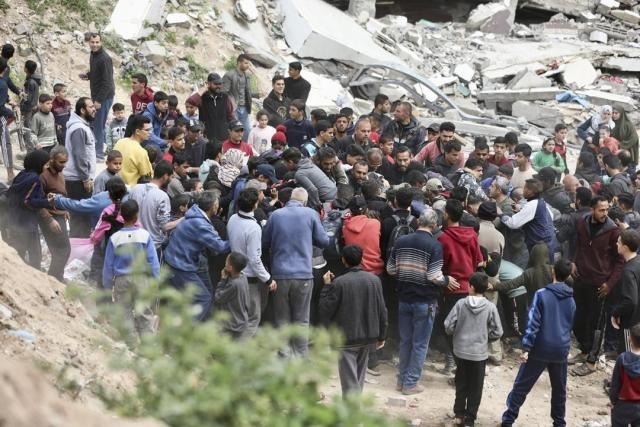The dire situation in Gaza has reached a critical point, with extreme food shortages pushing the region beyond famine levels, leading to mass deaths that are now imminent without immediate intervention. The Integrated Food-Security Phase Classification (IPC) has highlighted that 70% of people in parts of northern Gaza are facing severe food shortages, surpassing the threshold for famine by more than threefold. This crisis has already claimed the lives of 27 children and three adults due to malnutrition.
The urgency of the situation is underscored by the IPC’s estimation that residents are on the brink of famine-scale death rates, with 1.1 million Gazans experiencing catastrophic food shortages. The need for a ceasefire and a significant increase in humanitarian aid is paramount to prevent further loss of life. The international community has been called upon to act swiftly to avert a manmade famine in Gaza.
Recent events have seen Israeli forces launching a major assault on Al Shifa hospital, one of the few remaining medical facilities in northern Gaza. The conflict, now in its sixth month, has escalated tensions, with negotiations for a ceasefire ongoing but progress slow. President Joe Biden has warned against further military operations that could deepen the crisis.
The Israeli military’s claim of conducting a precise operation at Al Shifa Hospital compound has raised concerns about civilian casualties and the intensification of violence in the region. The situation remains volatile, with residents describing heavy fighting and escalating tensions.
In light of these developments, urgent action is needed to address the humanitarian crisis in Gaza and prevent further loss of life. The international community must come together to ensure access to essential supplies and medical aid for the people of Gaza.


